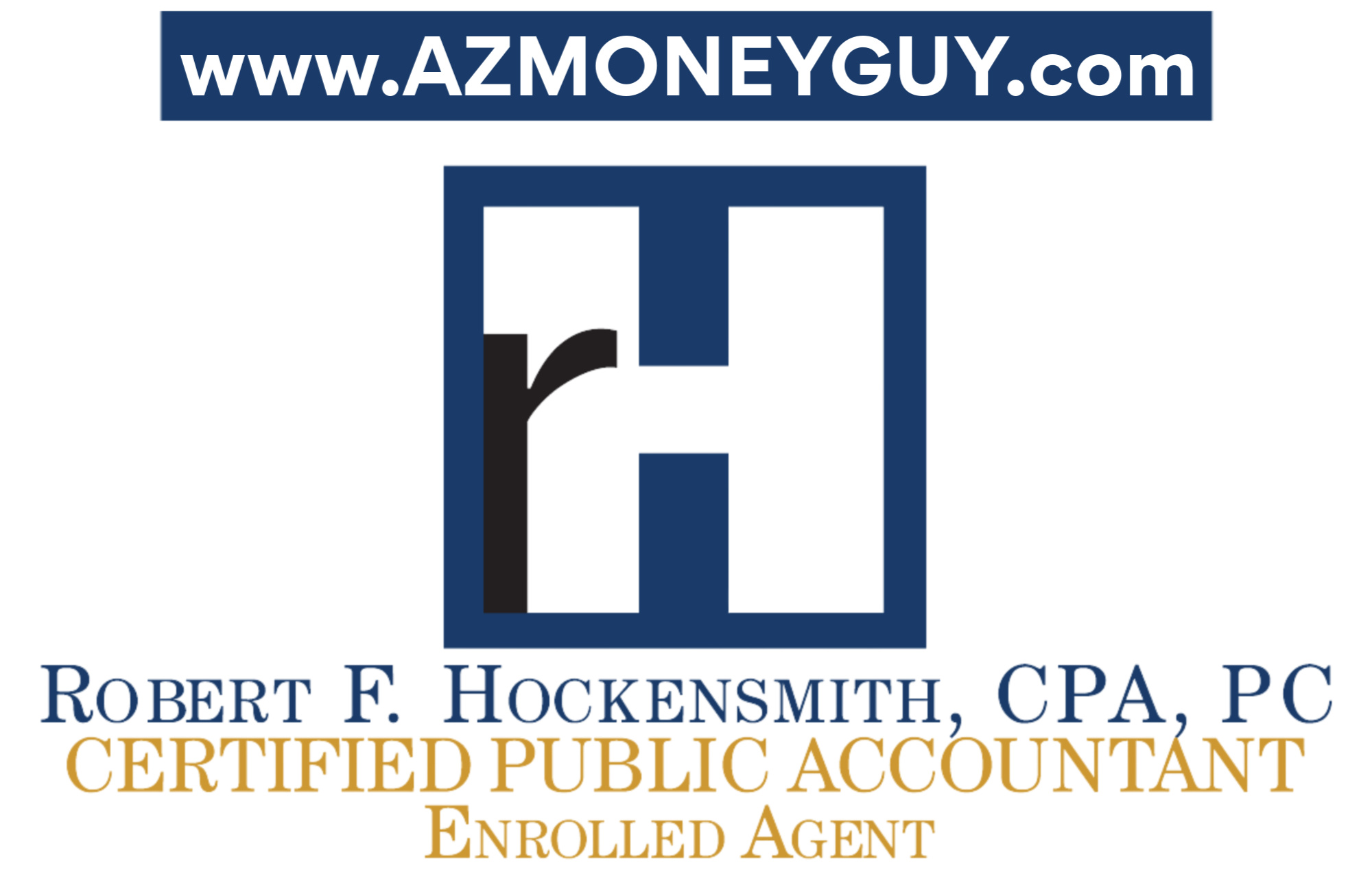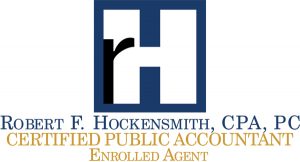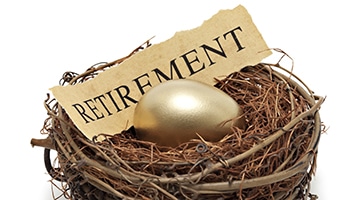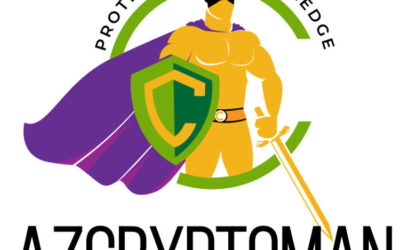Blog
Business Use of Personal Vehicle
Business Use of Personal Vehicle
Downtown, uptown, residential areas . . . you happen to see them all back and forth, so many times, all in a day. Chances are, you are in a
profession that practically makes you live in your vehicle. Seems your vehicle has basically become an office on wheels.
It’s also a tax deduction if you structure it correctly. Karen, a marketing manager by profession knows that you can deduct auto
expenses when you own or lease a personal vehicle and use it for business purposes. For instance, making deliveries, traveling to and
from meetings, trips to the office supply store, your bank, clients, and so forth are considered a business deduction.
Commuting, on the other hand, going back and forth from home to work, is not a deduction.
You have two different ways of calculating a business deduction for a vehicle: The Actual Expense Method or Standard Mileage
Method. And both methods require you keep a logbook. If you choose the Standard Mileage Method, all you need to do is
keep a logbook of both business and personal miles driven, and a record of any parking fees, tolls, or auto license tag expenses. While
the Standard Mileage Rate is usually easier to track, you must still record the date, mileage driven, names, and relationships of clients,
and business location for each trip. Multiply the business miles driven by the standard mileage rate and that is your deduction,
including any expenses for parking fees, tolls, and auto license tags.
Today there are many smartphone apps available to keep track of your mileage from your smartphone GPS. Alternately, if you use the Actual Expense Method, you still must keep a logbook for your business miles versus your personal miles and all information listed above. Along with it, under the Actual Expense Method, you must keep track of maintenance, gas, tires, insurance, interest expense on loans, and other expenses out of
pocket. You even get a tax deduction for depreciation on your vehicle depending on the business use of that vehicle.
Which method is best?
Keep track of the logbook and figure it out using both methods to see which one gives you the better deduction.
The caveat is, once you’ve used the Actual Expense Method, you are stuck using that method until you trade vehicles. Further, if you use
the Actual Expense Method, you must take depreciation for the business use and you may have to recapture the depreciation when
you dispose of the vehicle. Be sure you can prove that your business use of a personal vehicle is MORE THAN 50% or you will have to
revert to the mileage method for that vehicle.
Business Owned Vehicle
Autos and trucks owned and titled to the business name do NOT need logbooks kept IF you park the vehicles at the office location,
when not in use and the vehicles are not used by employees for
personal use or taken home at night. This rule does not apply if you have a home office. You are still
required to keep logbooks because the Internal Revenue Service (IRS) uses a “first call last call” rule to compensate for reduced
commuting by owner-employees. The first call (trip) and the last call (trip) you make each day will be
considered commuting and not deductible. Also, interest on auto loans and auto tags paid are tax-deductible for
businesses whether they use Standard Mileage or Actual Expense methods.
Here are some points to remember
- Two methods for vehicle deduction: Actual Expense versus
Standard Mileage - Both methods require a logbook to keep track of business versus personal mileage and reason for trips (Consider smartphone apps that track your mileage)
- The best method is the one that gives you the biggest deduction, but there are some drawbacks to both (depreciation recapture and possible reduced deduction on converting actual to mileage)
- With either method, you also get to write off your license plates if you itemize on your tax return
Related Blog Posts
Retirement Savings Tips and Making IRA Contributions
Learn how to pass on more of your wealth to your heirs and pay less to the government before it's too late! Click here...Address & Map(602) 264 - 9331CLIENT PORTALAddress & Map(602) 264-9331[DISPLAY_ULTIMATE_SOCIAL_ICONS] Who doesn’t aspire for peace of...
Non-Cash Charitable Contributions
Learn how to pass on more of your wealth to your heirs and pay less to the government before it's too late! Click here...Address & Map(602) 264 - 9331CLIENT PORTALAddress & Map(602) 264-9331[DISPLAY_ULTIMATE_SOCIAL_ICONS] Call today, don’t...
Digital or Virtual Assets, Crypto currency and Taxes
Learn how to pass on more of your wealth to your heirs and pay less to the government before it's too late! Click here...Address & Map(602) 264 - 9331CLIENT PORTALAddress & Map(602) 264-9331[DISPLAY_ULTIMATE_SOCIAL_ICONS] Cryptocurrencies, Non-Fungible...
Do You Owe The IRS?
Learn 5 Secrets The IRS Doesn't Want You To Know.
Click on the button below to get FREE access to this exclusive content.
Get Expert Tax Advice from an expert
Mr. Hockensmith has been a guest newscaster for national and local TV stations in Phoenix since 1995, broadcasting financial and tax topics to the general pubic. He has written tax and accounting articles for both national and local newspapers and professional journals. He has been a public speaker nationally and locally on tax, accounting, financial planning and economics since 1992. He was a Disaster Reservist at the Federal Emergency Management Agency, for many years after his military service. He served as a Colonel with the US Army, retiring from military service after 36 years in 2008. Early in his accounting career, he was a Accountant and Consultant with Arthur Andersen CPA’s and Ernst & Young CPA’s.
